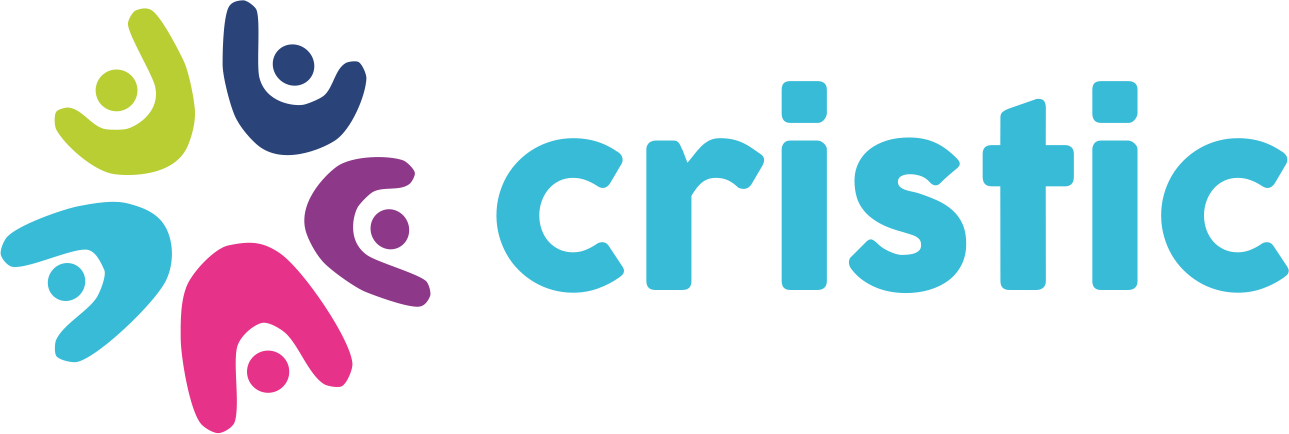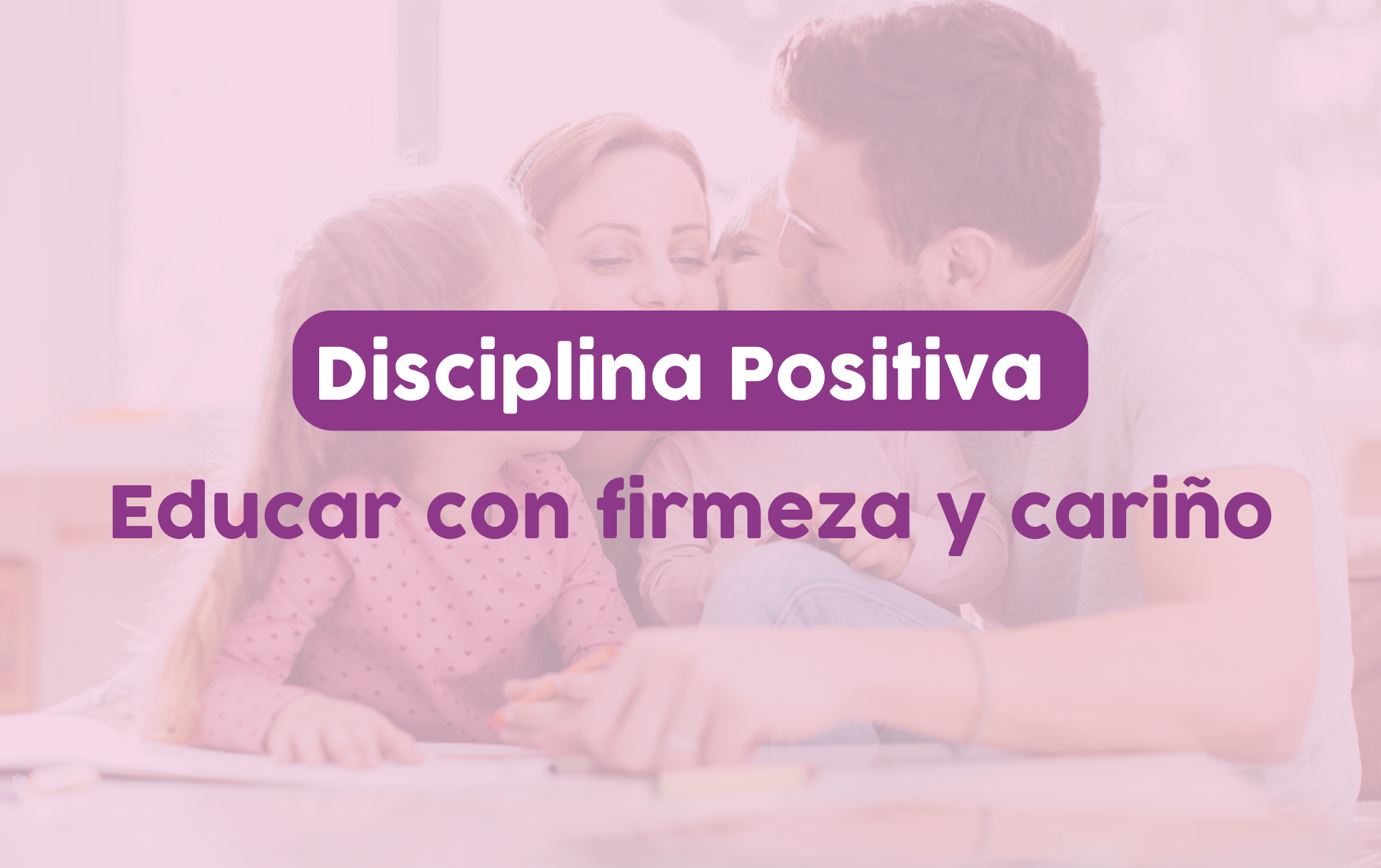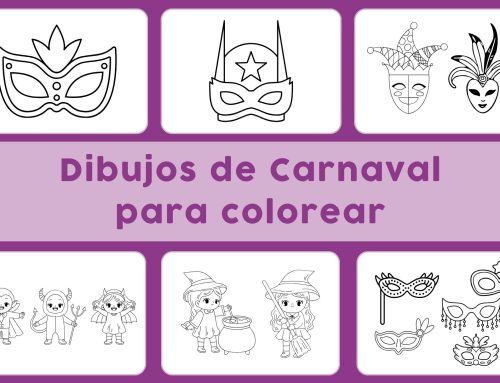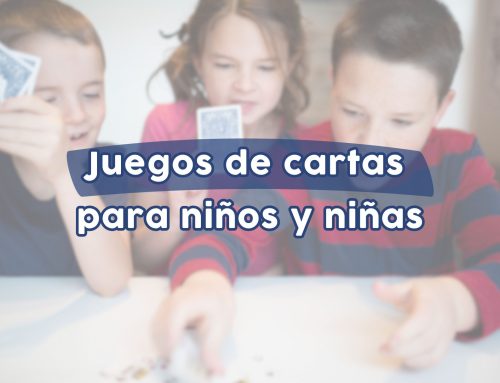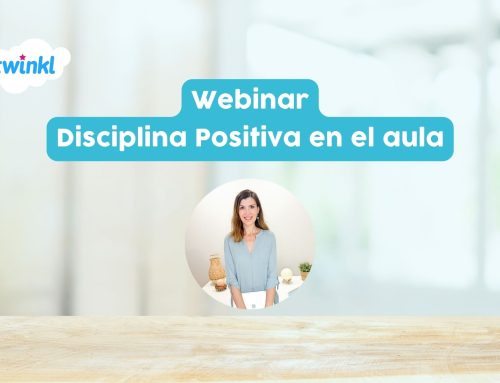What is positive discipline?
The positive discipline It is an educational approach based on the mutual respect and the promotion of social and emotional skills. Its objective is to teach children social skills, values and self -discipline through strategies that avoid physical or emotional punishment and focus on respect, empathy and affective communication. Positive discipline recognizes that Children need limits and guide to develop properly, but seeks to establish these limits in a respectful and affectionate way.
This approach is based on the individual psychology of Alfred Adler, Austrian psychiatrist of the twentieth century. Later, American psychologists Jane Nelsen y Lynn Lott They were responsible for systematizing the positive discipline model and spreading it.
The fundamental principles of positive discipline include:
- Kindness and firmness: Adults establish clear and consistent limits, and do so in a kind and respectful way. This means that they recognize and validate their children's feelings, while establishing clear expectations about behavior.
- Promote the connection: It seeks to build a positive and close relationship with children, which favors mutual trust and facilitates open communication.
- Sample empathy: Adults practice empathy to understand the feelings and needs of children, which allows them to address difficulties and conflicts from a more comprehensive perspective.
- Teach life skills: The teaching of skills and tools that help children are emphasized to face difficult situations, resolve conflicts and regulate their emotions.
- Respect the child's dignity: Positive discipline recognizes the importance of respecting the dignity of children and strives not to embarrass them or humiliate them publicly.
- Avoid physical and emotional punishments: Punitive methods, such as physical punishment, threats or humiliations, are not part of positive discipline, since it focuses on the emotional and psychological well -being of the child.
- Invites participation and collaboration: Children are encouraged to actively participate in solving problems.
How can positive discipline help you?
Positive discipline is a change of look towards childhood, since it invites you to stop focusing at all costs at all costs “misbehavior” of the child and, instead, it focuses on the search for solutions from mutual respect.
To do this, there are numerous positive discipline tools, in addition to dynamics and valuable information that allows us to empathize with the situation, understand what hides behind the child's behavior, know how his brain works, review our expectations, etc.
Positive discipline is applicable in different areas of our life, such as family and school.
Where can I start with positive discipline?
To begin with, you can do it in a simple and economical way reading Blogs and Websites of Education. Attention, I recommend that you go to reliable sources. Make sure they are professionals not only certified in positive discipline, but also have studies of psychology and education, and also experience in childhood. If you feel like it, you can follow me in Instagram where I share a lot of content and information related to positive discipline and conscious and respectful parenting.
Another option is to go to the original source, reading Jane Nelsen's books: “positive discipline“, “How to educate with firmness and love” o “Positive discipline in the classroom“. Other interesting books are "The child's brain” y “Discipline without tears”, Both by Daniel Siegel.
And if you want to deepen even more and get tools and information, I recommend attending some Positive discipline workshop for families o Positive discipline workshop for teachers. In these workshops the theoretical information with dynamics and implementation of positive discipline tools in specific cases is combined.
Also the Individual advice in positive discipline It can be very useful, since it focuses on the particular case that you need to work on your family and/or school.
In both positive discipline workshops and individual advice, the objective is They produce in our day to day. It is my favorite option, since it is the one that is most enjoyed and, without a doubt, with the one you learn most.
If you are interested in a positive discipline or individual advice, you can contact me for email. I give workshops and advice both face -to -face Positive Discipline in Spain, as Positive Discipline in Andorra. And also online workshops and advice.
If you wish, you can read a brief extract of my professional experience here.
¡Unete and me telegram channel so you don't miss anything!
Instagram for families: positive education and children's activities
¡Nuevo! Instagram for teachers: educational resources and ICT tools
